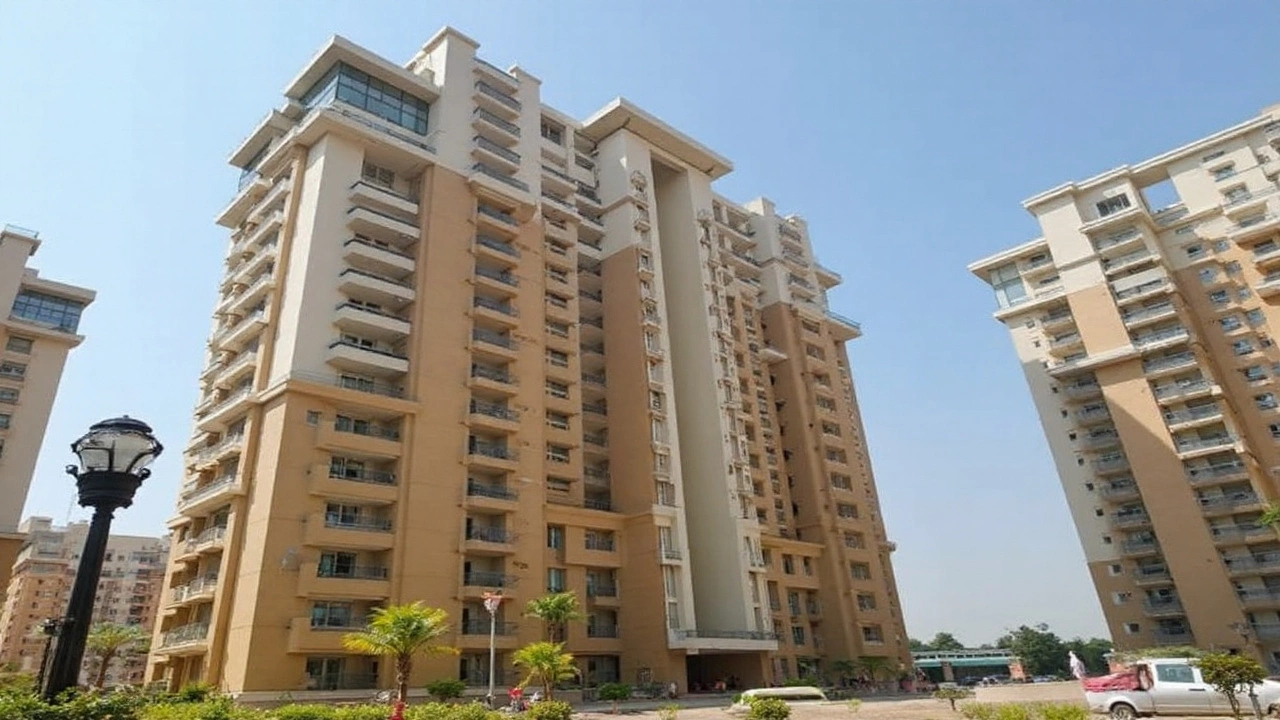DDA Flats Delhi – A Simple Guide to Getting Your Government Home
If you’ve been searching for a cheap, reliable home in the capital, chances are you’ve heard of DDA flats. The Delhi Development Authority builds apartments that are priced lower than private projects, and they come with a clear legal title. Below is a straightforward rundown of what makes DDA flats attractive and exactly how you can secure one.
Why Choose DDA Flats?
DDA flats are popular for three main reasons. First, the price is usually 30‑40% cheaper than similar private‑sector units. Second, the flats are built on well‑planned layouts with basic amenities – parks, schools, and public transport are often nearby. Third, the paperwork is transparent; the DDA provides a clear sale deed, which helps avoid future disputes.
Another benefit is the resale value. Because the flats are government‑approved, they tend to hold value better than some unauthorised constructions. If you ever decide to sell, you’ll find a steady pool of buyers looking for affordable housing in Delhi’s prime zones.
Step‑by‑Step: Booking a DDA Flat
1. Check Eligibility – You need to be an Indian citizen, over 18, and not own any property in Delhi or elsewhere. Income limits apply for certain schemes, so make sure you fall within the set bracket.
2. Find the Project – Visit the official DDA website or the nearest DDA office. They list upcoming projects, location maps, and price per square foot. Choose a project that matches your commute, schools, and budget.
3. Gather Documents – Typical documents include Aadhaar, PAN, salary slips, income tax returns, and proof of residence. Keep scanned copies handy; it speeds up the verification process.
4. Apply Online or In‑Person – Most DDA schemes now have an online portal where you can fill the application, upload documents, and pay a nominal application fee (usually ₹5,000). If you prefer, you can submit the form at a DDA counter.
5. Lottery Draw – DDA flats are allotted through a lottery system to ensure fairness. After the draw, you’ll receive an allotment letter if you’re selected.
6. Pay the Booking Amount – This is typically 10% of the total cost. The payment can be made via bank transfer or demand draft. Keep the receipt for future reference.
7. Finalize the Sale Deed – Once the construction is complete, you’ll sign the sale deed, pay the remaining balance, and receive the possession letter. The DDA will also provide a possession certificate.
8. Move In – After the possession letter, you can collect the keys and start planning your move. Many DDA projects offer a small maintenance fund to keep common areas clean.
Timing is crucial. DDA usually releases new projects twice a year, and demand spikes during the monsoon season when many workers look for accommodation. Keeping an eye on announcements helps you act fast.
While the process sounds lengthy, each step is designed to protect you as a buyer. If you’re unsure about any part, the DDA office has counsellors who can walk you through the paperwork.
Finally, remember to budget for extra costs – registration fees, stamp duty, and a modest amount for interior work. Adding these to your plan avoids surprises later.
In short, DDA flats offer a safe, affordable pathway to homeownership in Delhi. By checking eligibility, staying updated on new launches, and following the booking steps, you can secure a flat that fits your budget and lifestyle.
DDA Premium Housing Scheme 2025 opens: Delhi flats from Rs 39 lakh via e-auction
The DDA has opened registrations for its Premium Housing Scheme 2025, offering around 250 ready-to-move flats across Delhi via e-auction. Prices start at Rs 39 lakh for LIG units and go up to Rs 2.54 crore for HIG options. Key areas include Vasant Kunj, Dwarka, Jasola, Rohini, and Pitampura. Auctions are slated for Oct 6–8, with registrations open till Oct 24. All properties are freehold.
